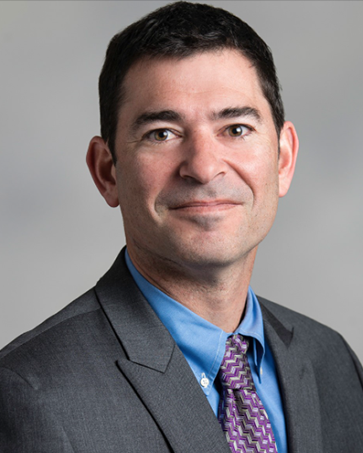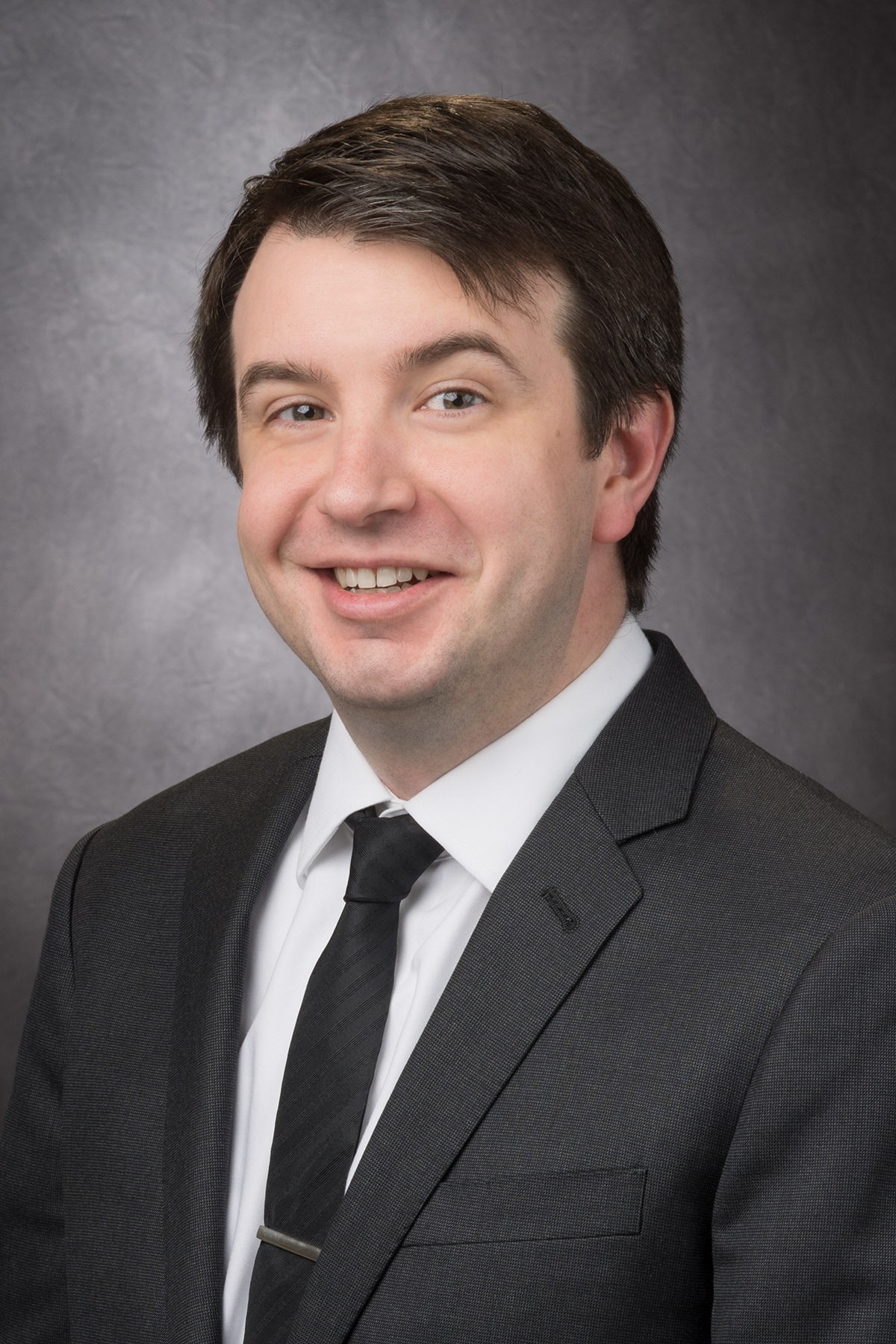
2022 Symposium Topics:
- NET Models
- Genetics
- Tumor Microenvironment and Immunology
- NET Models Consortium
- Tumor Biology and Rare NETS
- Clinical and Theranostic Studies
SESSION 1: NET Models

Dawn Quelle, PhD
University of Iowa

Justin Annes, MD
PhD, Stanford University
Presentations
- Patient Derived Tumor Organoid Models Reveal Druggable Growth Dependencies in Neuroendocrine Cancer
Talya Dayton, PhD, Barcelona European Molecular Biology Laboratory - Mechanisms, Models, and Treatments for Neuroendocrine Tumors
James Bibb, PhD, University of Alabama at Birmingham - Improving SBNET Therapy by Targeting Serotonin Metabolism
Po Hien Ear, PhD, The University of Iowa - Validation of Pheochromocytoma Organoid Models
Patricia Dahia, MD, PhD and Alice Soragni, PhD, University of Texas Health Science Center at San Antonio/University of California, Los Angeles
SESSION 2: Genetics

Ramesh Shivdasani, MD, PhD
Dana-Farber Cancer Institute

Carl Gay, MD, PhD
University of Texas, MD Anderson Cancer Center
Presentations
- Immunophenotypic and Molecular Characterization of Pancreatic Neuroendocrine Tumors Producing Serotonin
Jérôme Cros, MD, PhD, University of Paris - Genomic and Epigenomic Analyses of Multifocal Ileal Neuroendocrine Tumors
Netta Makinen, PhD and Matt Meyerson, MD, PhD, Dana-Farber Cancer Institute - Characterising Aggressive Pulmonary Carcinoids Through Integrative Omics Analysis Within the lungNENomics Project
Matthieu Foll, PhD and Lynette Fernandez-Cuesta, PhD, International Agency for Research on Cancer - Regulatory Heterogeneity of Neuroendocrine Tumors
Yotam Drier, PhD, Hebrew University of Jerusalem - Developmental Lineages and Mediators of Metastasis in PNETs at Single-Cell Resolution
William Hwang, MD, PhD and Carina Shiau, BA, Massachusetts General Hospital
SESSION 3: Tumor Microenvironment and Immunology

Daniel M.Halperin, MD
University of Texas, MD Anderson Cancer Center

Matt Kulke, MD
Boston Medical Center
Presentations
- Vascular Regulation of Liver Metastasis in Pancreatic Neuroendocrine Tumors
Minah Kim, PhD, Columbia University Medical Center - Ex vivo Expansion of TILs from panNET Liver Metastasis: In Search of Novel Adoptive Transfer Strategies for the Treatment of NETs
Mauro Cives, MD, University of Bari Aldo Moro (Università degli Studi di Bari Aldo Moro) - The 3rd Generation of CDH17CAR T Cells Eliminate NETs and GI-solid Tumors via Enhancing Multiple T Cell Signaling Pathways
Xianxin Hua, MD, PhD, The Trustees of the University of Pennsylvania - CDK4/6-MEK Targeted Therapy Causes Regression and Reduced Metastatic Colonization of Pancreatic Neuroendocrine Tumors
Dawn Quelle, PhD, The University of Iowa - The Role of the B7x Signaling Pathway in the Development and Progression of Neuroendocrine Tumors
Ziqiang Yuan, MD and Steve Libutti, MD, Rutgers, The State University of New Jersey-RBHS-CINJ
SPECIAL SESSION: NET Models Consortium

Dawn Quelle, PhD
University of Iowa

Justin Annes, MD, PhD
Stanford University
Presentations
- Short Presentations: NET Cell Lines, Organoids and Mice
- Dawn Quelle, PhD, University of Iowa
- Talya Dalton, PhD, Barcelona European Molecular Biology Laboratory
- Maite Calucho, PhD, Alice Soragni, PhD, Patricia Dahia, MD, PhD, University of California, Los Angeles, University of Texas Health Science Center at San Antonio
- Justin Annes, MD, PhD, Stanford University
SESSION 4: Tumor Biology and Rare NETs
Presentations
- Insights into Intestinal NETs from an In Vitro Model of Human EEC Differentiation
Pratik Singh, PhD and Ramesh Shivdasani, MD, PhD, Dana-Farber Cancer Institute - Human and Murine Single-nucleus RNA-seq (snRNA-seq) Reveals Potential Mechanisms of TMEM127-mediated Susceptibility to Pheochromocytomas
Qianjin Guo, PhD and Patricia Dahia, MD, PhD, University of Texas Health Science Center at San Antonio
(UT Health San Antonio) - Mesenteric Fibrosis in Small Intestinal Neuroendocrine Tumours
Martyn Caplin, DM, FRCP, Maria C. Martins, Harry Hodgetts, UCL Institute for Liver and Digestive Health - The Role of CCL2 and IL-8 in the Microenvironment of Pituitary Neuroendocrine Tumors
Pedro Marques, MD, PhD, Hospital de Santa Maria, Centro Hospitalar Universitário Lisboa Norte EPE - Defining Distinct Molecular Subtypes of High-grade Neuroendocrine Carcinomas to Predict Therapeutic Vulnerabilities
Allison Stewart, PhD and Carl Gay, MD, PhD, University of Texas M.D. Anderson Cancer Center - All-Trans Retinoic Acid Radiosensitizes Neuroendocrine Tumor Cells via Peptidyl-prolylcis-trans isomerase 1 Inhibition
Xavier Keutgen, MD, The University of Chicago
SESSION 5: Clinical and Theranostic Studies

George Fisher, MD
Stanford University

Lisa Bodei, MD, PhD
Memorial Sloan Kettering Cancer Center
Presentations
- Digital Image Analysis in Prediction of Metastatic Midgut and Pancreatic NET Outcomes
Stephen Ward, MD, PhD and Michelle Kim, MD, PhD, Cleveland Clinic - Transcriptomic Influences of Racial Disparities in Pancreatic Neuroendocrine Tumors
Brendan Herring, MS and Bart Rose, MD, University of Alabama at Birmingham School of Medicine - A Closer Look: Fluorescent Analogs of Clinical Stage PRRT Agents Reveal Specific Binding to Multipotent Bone Marrow Stem Cells
Susanne Kossatz, PhD, Technical University Munich - Pb-203 Image-Guided Pb-212 Receptor Targeted Alpha-Particle Therapy for NETs –An Emerging Paradigm
Michael Schultz, PhD, The University of Iowa - The Wnt Pathway Protein Dvl1 Targets Sstr2 for Lysosome-dependent Degradation
Jeffrey Frost, PhD, The University of Texas Health Science Center at Houston - uPAR-PET in Neuroendocrine Tumor Patients: Final Results from a Prospective Phase II Trial and its Implications for uPAR-targeted Radionuclide Therapy
Andreas Kjaer, PhD, University of Copenhagen


